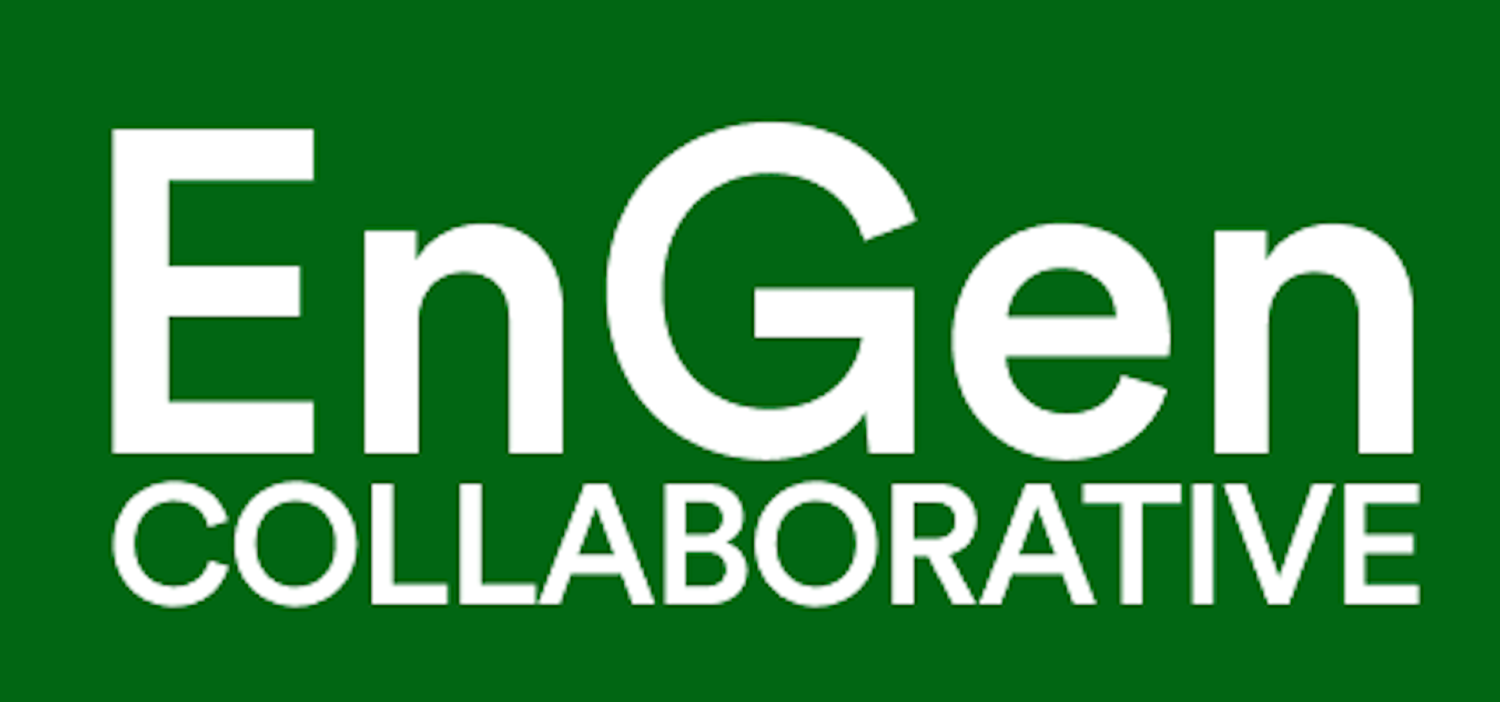EnGen & CGIAR develop online course on gender-responsive FLR
This year, EnGen has had the opportunity to partner with the CGIAR Research Program on Forests, Trees and Agroforestry (FTA) gender coordination team to develop an evidence-based, interactive online learning module on gender equality and forest landscape restoration (FLR).
This module builds on the gender-responsive FLR framework developed by the FTA gender coordination team—published in 2017 in their seminal piece, Gender Matters in FLR—and responds to the needs of key stakeholders in the field of FLR to support learning and capacity building on the importance of gender equality and how gender equality relates to and intersects with FLR.
EnGen Collaborative team members were thrilled to use our experience in gender equality capacity building across environmental sectors to support this effort to develop an educational tool to support gender equality within FLR efforts. To ensure that stakeholders’ needs would be met, EnGen first surveyed and consulted with a variety of stakeholders and practitioners in this sector to discuss knowledge gaps related to gender equality and the ways in which this online course could contribute. While there is a great deal of research on this topic, stakeholders identified that what is needed is a clear, concise capacity building tool to synthesize research and share best practices for gender mainstreaming.
With this in mind, EnGen, in close collaboration with the FTA gender coordination team, has developed a draft online course covering topics such as:
· Why gender equality matters in FLR efforts;
· Key terms and concepts relating to advancing gender equality;
· Examples of FLR principles and intervention types;
· The gender equality and FLR policy agendas;
· The gender-responsive FLR framework;
· Examples of best practices & lessons learned; and
· Gender mainstreaming across the project/policy cycle.
Among other best practices and lessons learned, this course will include an example of strengthening women’s capacity and collective action through agroforestry in the Lake Victoria Basin and enhancing women’s rights through mangrove restoration in Cameroon, VietNam, and Guyana.
The final course will be an engaging and interactive online module, supported and complemented by a facilitator’s guide and extensive resource list, available for stakeholders to engage with individually, as part of a discussion group with their colleagues, or as a component of a gender capacity building workshop. The FTA gender coordination team is tentatively scheduled to launch this course during a side event at the World Forestry Congress in South Korea. Stay tuned for updates on the launch of the course and how to access it!
Team members for this project included Molly Gilligan and Margaux Granat
